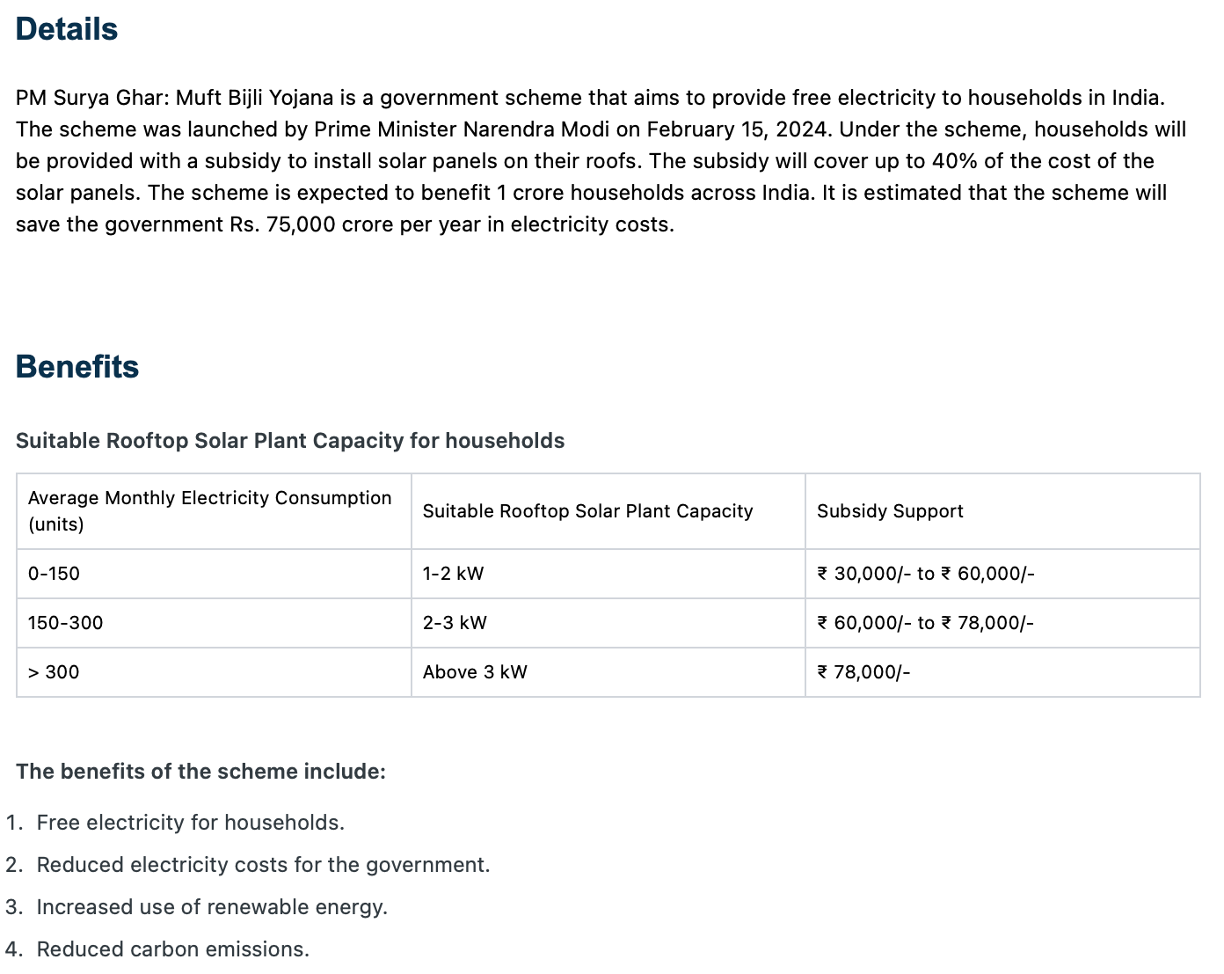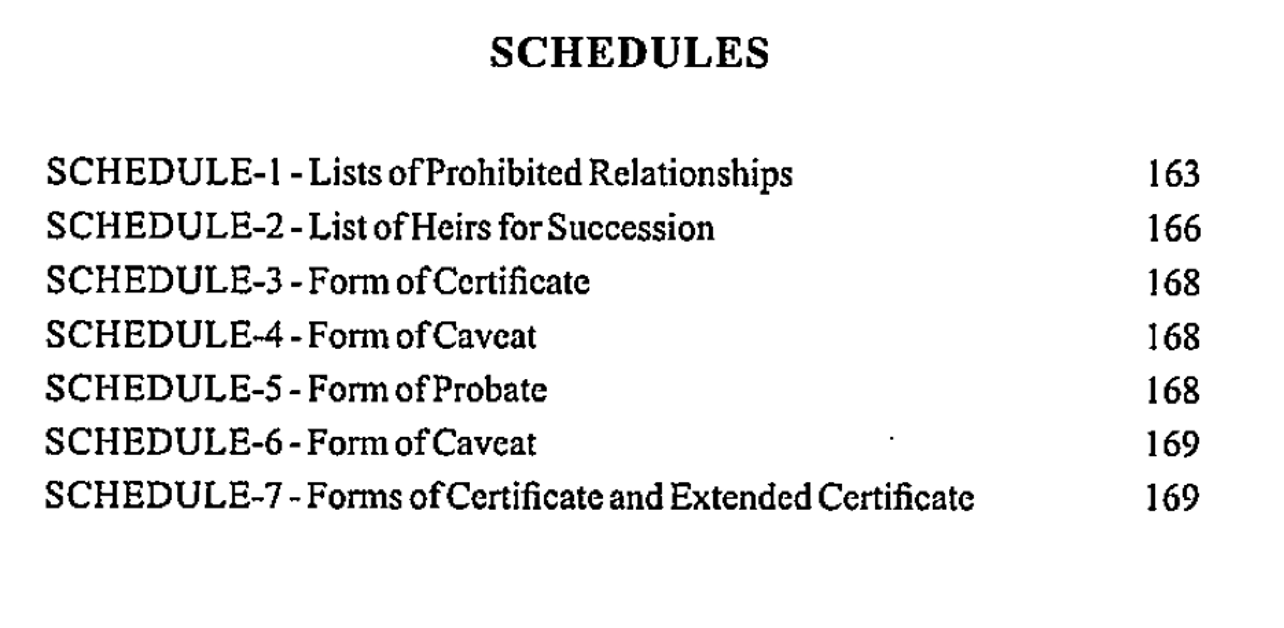Question 1
Current Affairs | Nobel Prize | Medium | The Hindu
SOURCE
Consider the following:
1. The Fields Medal was instituted in 1936.
2. The Abel Prize is awarded every four years to young mathematicians under 40.
Which of the statements above is or are correct?
A. 1 only
B. 2 only
C. Both 1 and 2
D. None of the above
Solution & Detailed Explanation
Answer: (A) 1 only
Detailed Explanation
- The most famous is the Fields Medal, instituted in 1936 and often called the “Nobel Prize of Mathematics.” The Fields Medal is awarded every four years to young mathematicians under 40 who have made significant contributions, aiming to recognise both achievement and future promise, according to the International Mathematical Union. Unlike the Nobel Prize, it has an age limit and awards multiple recipients every cycle.
- The Abel Prize, established in 2002 by the Norwegian Academy of Science and Letters, was designed as an annual international prize more directly comparable to the Nobel. It honours lifetime achievement without age limits and has a monetary reward similar to the Nobel Prize. The Abel Prize is widely regarded as the closest equivalent to a Nobel in mathematics.
- Together, the Fields Medal and the Abel Prize ensure that mathematical excellence receives the global recognition it deserves. While there may be no Nobel Prize for mathematics, these awards continue to celebrate the brilliance and impact of mathematical thought on our world.
Question 2
Governance | Schemes | Medium | The Hindu
SOURCE
Consider the following pairs:
PM-Surya Ghar Yojana – 40% subsidy on installations of Solar Panels
Pradhan Mantri Kisan Urja Suraksha evam Utthaan Mahabhiyaan– PVTG Habitations
New Solar Power Scheme – add Solar capacity of 34,800 MW
How many pairs is or are correctly matched?
A. Only one
B. Only two
C. All three
D. None of the above
Solution & Detailed Explanation
Answer: (A) Only one
Detailed Explanation



Question 3
Social Issues | Demography | Easy | The Hindu
SOURCE
Match List – I with List – II
| List – I | List – II |
|---|---|
| 1. Population Momentum | (I) Voluntary action to reduce population growth |
| 2. Demographic Dividend | (II) Large cohort of women at reproduction age |
| 3. Population Pyramid | (III) Group data in terms of gender and age |
| 4. Preventive Check | (IV) Higher proportion of workers compared to non-workers |
Choose the correct answer from the options given below:
A. 1-III, 2-I, 3-IV, 4-II
B. 1-II, 2-IV, 3-III, 4-I
C. 1-I, 2-III, 3-II, 4-IV
D. 1-IV, 2-II, 3-I, 4-III
Solution & Detailed Explanation
Answer: (B) 1-II, 2-IV, 3-III, 4-I
Detailed Explanation
- Population Momentum – Population momentum refers to a situation, where a large cohort of women of reproductive age will fuel population growth over the next generation, even if each woman has fewer children than previous generations did.
- Demographic Dividend – A demographic dividend refers to the economic growth potential that can arise when a country’s age structure shifts, with a larger proportion of the population being of working age (15-64) compared to the non-working age groups (children and elderly).
- Population Pyramid – A population pyramid, also known as an age-gender pyramid or age structure diagram, is a graphical representation of the age and gender distribution of a population.
- Preventive Check – Preventive checks on population are measures designed to reduce the birth rate and thus control population growth.These checks aim to prevent population from exceeding the carrying capacity of the environment, potentially leading to resource scarcity and other issues. Thus, it is a voluntary action to reduce population growth.
Question 4
Economy | GDP | Easy | The Hindu
SOURCE
Which one of the following is an incorrect statement in the context of Gross Domestic Product (GDP) ?
A. GDP does not measure the sustainability of growth.
B. GDP helps to understand whether the economy is growing or contracting.
C. GDP reflects annual trends of inflation and prices of commodities.
D. GDP helps to understand shifts in the annual changes in the country’s economy.
Solution & Detailed Explanation
Answer: (C) GDP reflects annual trends of inflation and prices of commodities.
Detailed Explanation
- GDP stands for Gross Domestic Product. It measures the total value of goods and services produced within a country’s borders during a specific time period, usually a year. It’s a key indicator of a country’s economic health and is used by economists, businesses, and policymakers to gauge economic performance. GDP can be measured using three approaches: the production approach, the expenditure approach, and the income approach.
- Therefore, one can by comparison understand the growth of the country. The GDP helps to analyse whether the country is expanding or contracting by analysing the produce in a country.
- The policies of the government, private sector growth etc. can be analysed across various sectors namely Primary, Secondary, Tertiary and Quaternary. Annual shifts in the country’s economy can be realised henceforth.
- Inflation and prices of commodities on the other hand is measured through other indexes like Wholesale Price Index (WPI) and Consumer Price Index (CPI) which helps to measure the demand of commodities throughout the country’s household sectors and manufacturers which in return determines the GDP.
Question 5
Polity | UCC | Hard | The Hindu
SOURCE
Consider the following pairs: (UCC Schedules and their description)
Schedule I – List of Heirs for Succession
Schedule II – Lists of Prohibited Relationships
Schedule III – Form of Caveat
How many pairs is or are correctly matched?
A. Only one
B. Only two
C. All three
D. None of the above
Solution & Detailed Explanation
Answer: (D) None of the above
Detailed Explanation









